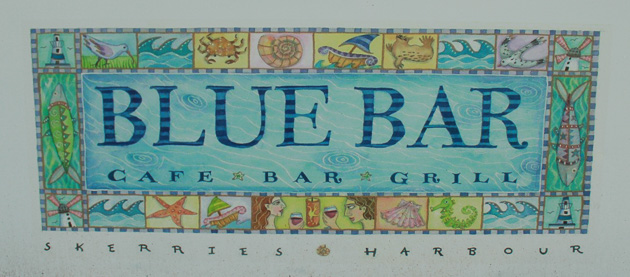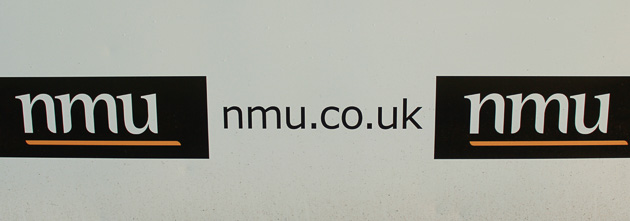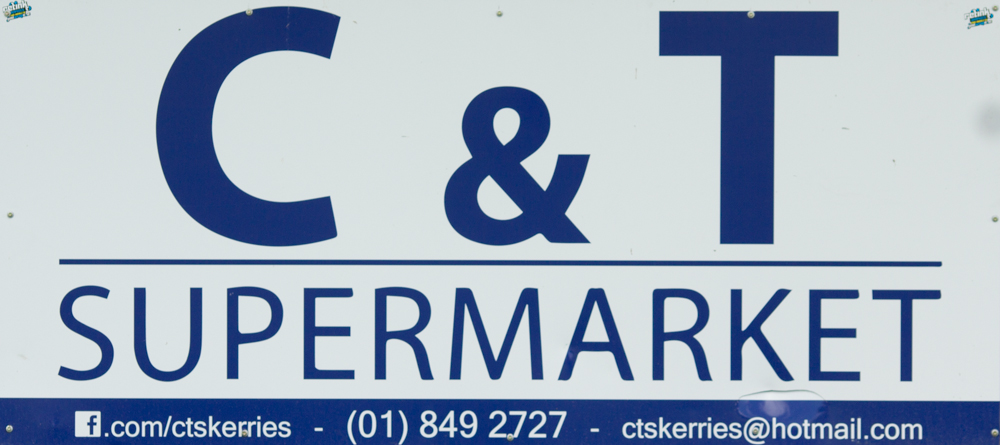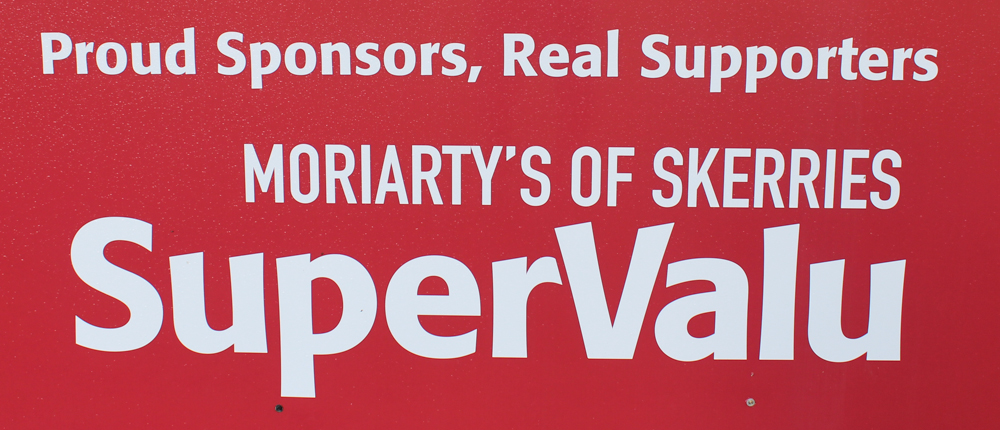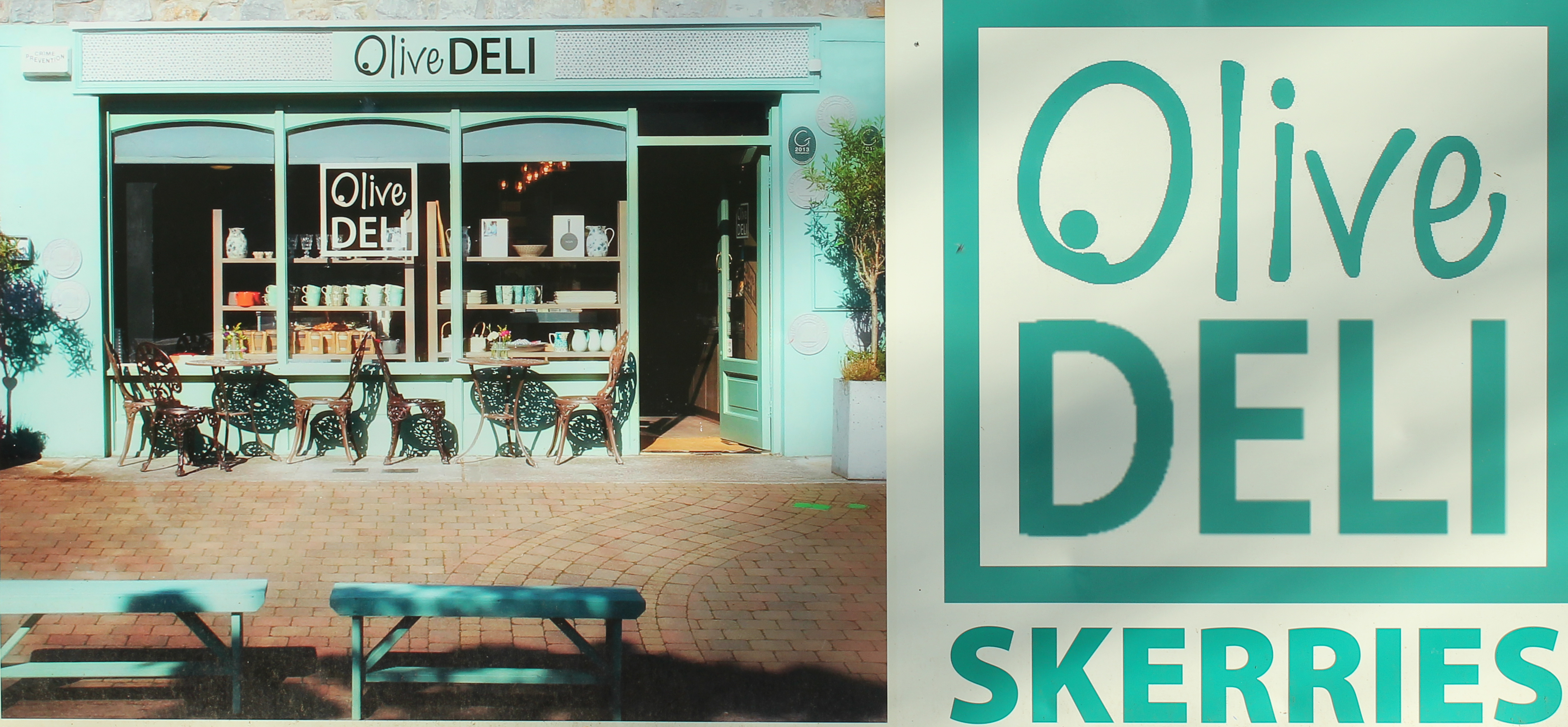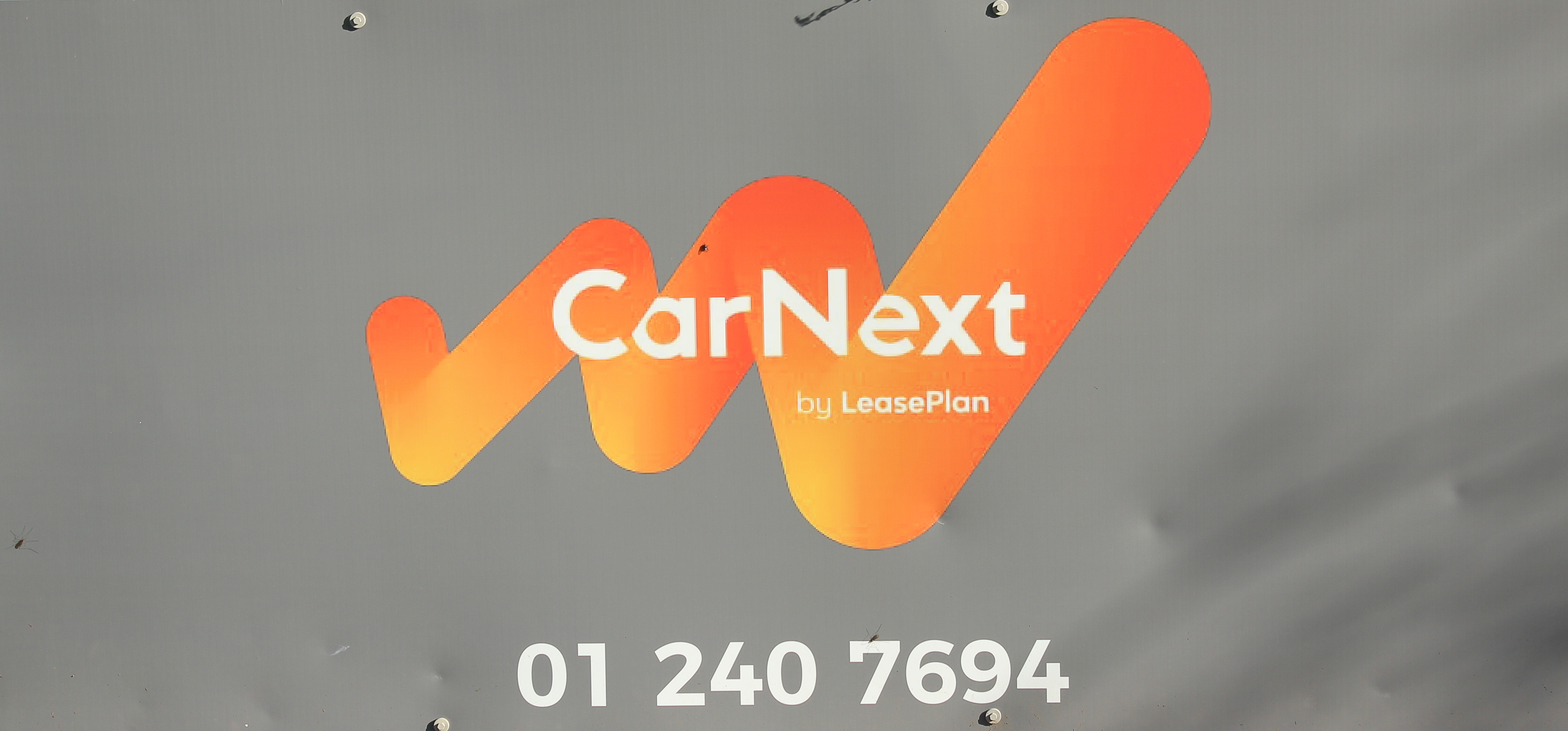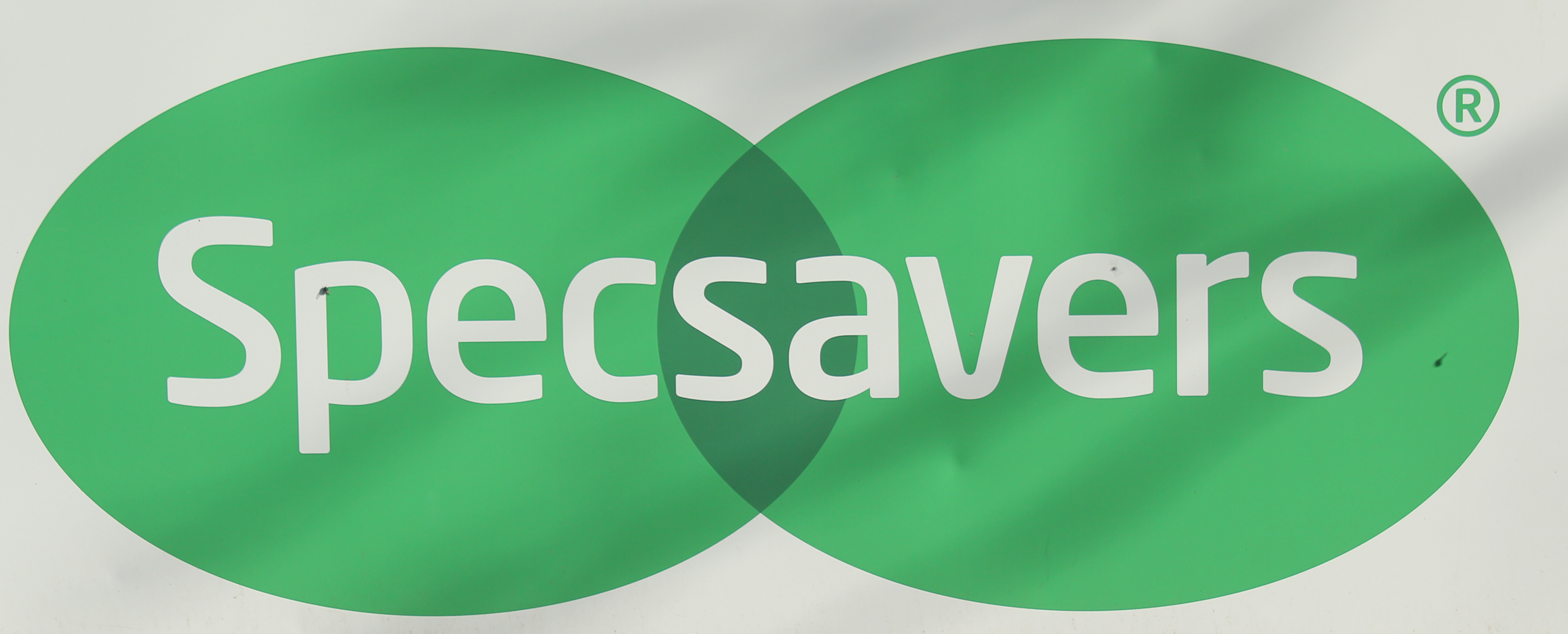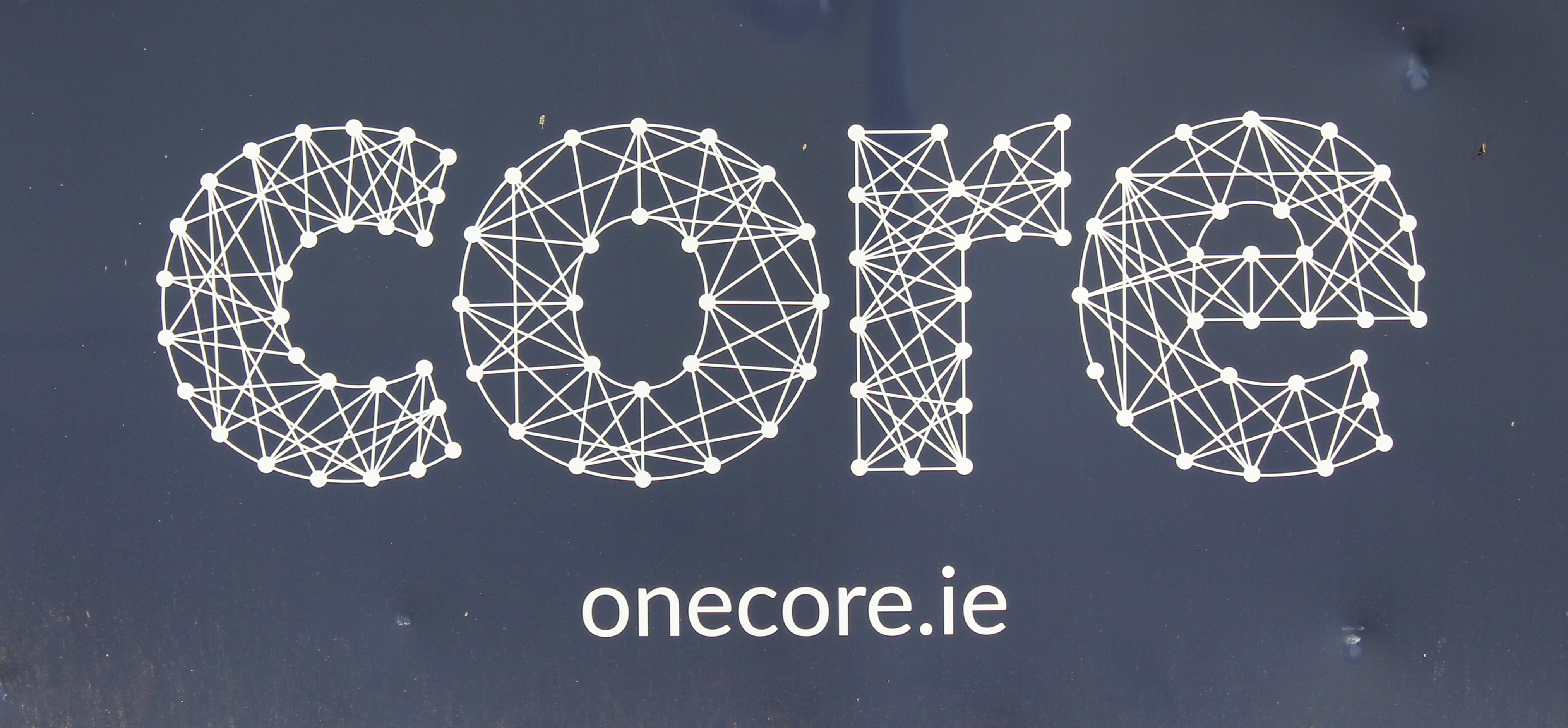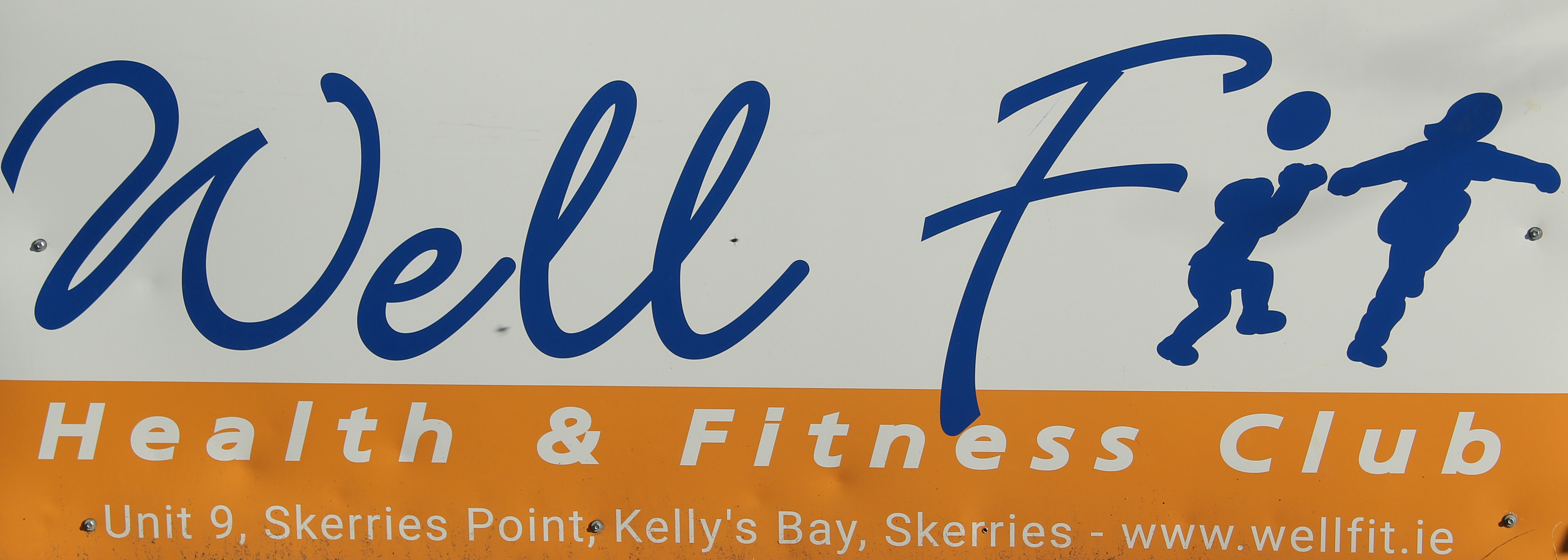The Hills Cricket Club is committed to safeguarding children and by working under the
guidance of Cricket Ireland and Cricket Leinster Safeguarding Policies. Our Staff, both
Volunteers and employed throughout the club, seek to create a safe environment for
young people to grow and develop. Our aim is to foster and promote participation in
the sport of cricket within our community and to provide facilities for playing the game,
opportunities for recreation, coaching and competition.
Our guiding principles are to ensure that the best interests of children and young
people availing of our services are paramount and are underpinned by Children’s
National Guidance for The Protection and Welfare of Children and the guidelines
contained in the Code of Ethics, Good Practice for Children’s Sport, The Children’s First
Act. The guiding principles apply to all staff, volunteers, committee members. All club
members will sign up to and abide by these guiding principles and our child
safeguarding procedures.
The Safeguarding statement is written into the Constitution of The Hills CC.
The Hills CC is fully committed to safeguarding the wellbeing of its members. Every
individual involved in cricket should, at all times, show respect and understanding for
their safety and welfare, and conduct themselves in a way that reflects the principles of
the Club and the guidelines contained in the Code of Ethics and Good Practice for
Children’s Sport in Ireland.
Signed: ________________ Date: _
(Club Chairperson)
Name of Club: The Hills Cricket Club
Location of Club: The Vineyard, Milverton, Skerries, Co. Dublin
Number of Club Members: 95 Adults (Male + Female) + 129 Youths
Services provided
* To foster and promote participation in the sport of cricket within the community
by providing facilities for playing cricket, and opportunities for recreation,
coaching and competition.
*Participation in cricket competitions for adult and youth members.
*Training for youth and adult members.
* Organising Events.
*Structure: Executive Committee with sub committees including Finance, Youth,
Women, Disciplinary.
* Level of contact with children: Home and Away Games, Youth and Adult
Training, school sessions and club events.
Organisational Review
Policies and procedures already in place
* Code of Ethics in Constitution
* Registration form (Senior & Youth)
Resources used to complete Safeguarding Statement
* Representatives of Club attended Cricket Leinster Child Safeguarding Workshop
and Safeguarding 3 on 26 February 2021.
* Committee member – Gary Woodhouse prepared a revised draft, 20 January
2022.
* Draft document reviewed by Jim Bennett on 23 January 2022.
* Statement brought forward to Executive Committee for review and approval
Date: 27 January 2022.
* Final draft completed by Gary Woodhouse on 30 January 2022.
* Document Reviewed by Gary Woodhouse on 9 th February 2023.
*Statement brought forward to Executive Committee for review and approved on
20 th February 2023.
Service users
* Age groups /age range: 6 – 17 for youth, 18 upwards for adults.
Activities
* Conduct of games
* Group coaching
* One-to-one coaching
* School Sessions
* Supervision of children at arrival and at end of games/ training
* Club transport arrangements for away matches
* Club trips involving overnight stay and/or foreign travel
* Use of toilet/ changing/ shower facilities
* Fund-raising events involving young players
* Use of off-site facilities involving young players
* Care of children with special needs
* Administration of First Aid / Medicine
* Training of club personnel in child protection matters
* Use of external personnel to support coaching
* Recruitment
* Use of ICT / video/ photography
* Students participating in work experience
* Use of club premises by other organisations
Risk Assessment:
The Hills CC have carried out assessment of any potential risks of harm, or the
likelihood of any harm to a child, occurring while availing of our service. A list of the
potential risks is identified and a list of procedures for managing these risks are set out
below. This assessment may be amended from time to time and is in addition to any
risks and procedures specified in the Code of Ethics and Good Practice for Children’s
Sport, and in line with the requirements laid out under the Children’s First Act 2015, the
Children’s First National Guidance and Tusla’s Child Safeguarding: A Guide for Policy,
Procedure and Practice.
RISKS:
1 SOCIAL MEDIA
2 TEXTS / WHATSAPP GROUPS AND EMAILS
3 PHOTOGRAPHY
4 PHOTOGRAPHY ON WEBSITES
5 CHILDREN IN ADULT CRICKET
6 MINIMUM AGES
7 CHANGING ROOMS AND SHOWERING POLICY
8 COACHING SESSIONS
9 PHYSICAL CONTACT
10 OVERNIGHT AND AWAY TRIPS
11 LATE COLLECTIONS OF CHILDREN
12 TRANSPORT
13 DISCIPLINARY PROCEDURES, SANCTIONS
14 BULLYING
Procedures:
Our Child Safeguarding Statement has been developed in line with requirements under
the Children First Act 2015, the Children First: National Guidance and Tusla’s Child
Safeguarding: A guide for Policy, Procedure and Practice. In addition to the procedures
listed in our risk assessment, the Club adopts the procedures set out in the Code of
Ethics and Good Practice for Children’s Sport including but not limited to the following
the details of which are set out below.
A. Procedures for management of allegations of abuse.
B. Procedures for safe recruitment of members and volunteers.
C. Procedures for provision of and access to Child Safeguarding training and
information.
D. Procedures for reporting of welfare concerns.
E. Procedures for appointing a relevant person.
The Hills CC has adopted a range of child protection policies and procedures to ensure
the provision of a safe, positive, and nurturing environment where children can enjoy
and enhance their cricketing and social skills.
SOCIAL MEDIA
Club Officials/Coaches/Managers
● Have separate club related and personal pages.
● Adjust privacy settings so that content is only visible to accepted “friends”.
● Do not accept requests from children to be their “friend”.
Rule of thumb: If comment would not be put on club notice board, it does not
belong on the club’s social media pages.
TEXTS/WHATSAPP GROUPS AND EMAILS
● Texts/WHATSAPP Groups and emails for U18′ s via parents only.
● No individual texting or email conversations with U18’s without parents receiving
the same messages.
● Use group texts.
● Adults to be aware of material on social media if there are children on their
team.
● All contact with children to be in relation to coaching, matches and cricket
related activity only.
● Ensure that children know procedures if they receive an offensive text
message/photo/email.
PHOTOGRAPHY
● Photographs are not to be taken at matches or training without the prior written
permission of the parent(s) of the child (Use registration form).
● If no permission given by parent, ensure that photographer at an event is
aware of this and avoid taking photographs of the child.
● Children should be informed that a person will be taking photographs.
● Children should be informed if they have concerns, they can report these
concerns to the coach/team manager.
PHOTOGRAPHS ON WEBSITES
● Ask permission of parents to use child’s image and wherever possible show
image to parents and child in advance
● Only use images in appropriate kit
● Use group photographs if possible
● If a child is named avoid using a photograph
● If a photograph is used avoid naming child.
CHILDREN IN ADULT CRICKET
● Ensure the player’s safety, personal development needs and overall
cricket experience are considered.
● Each case is to be determined on an individual basis, depending on the
player’s ability and stage of cognitive and emotional maturity to take part at
this level. However, the minimum age guidance provided below must be
adhered to.
● Clubs should provide opportunities to show their talents in an appropriate
way. Children who are used as fielders only will not fully experience the
game.
MINIMUM AGES
● Helmets, Fast Bowling Directives, Fielding Regulations and all other relevant
regulations should always be adhered to for children in adult cricket. Young
players who are selected for provincial U13 squads are eligible to play adult
cricket, providing they are at least 11 years old on 1st September of the
preceding year and have written parental consent to play.
CHANGING ROOMS AND SHOWERING FACILITIES
● Adults and children do not use showering facilities at the same time
● If children are uncomfortable about changing or showering at the club, no
pressure is placed on them to do so
● Separate changing facilities to be provided for children and adults. Where this is
not possible, changing facilities to be used by adults and children separately. No
child and adult to change at the same time.
● If children are on the team, no photography or filming with mobile phones in
the dressing room.
COACHING SESSIONS
● Always outdoors in full public view.
● One to one coaching with children is not permitted except with the attendance
of another adult and parental consent.
● If there is a need to host coaching session indoors due to weather or video
demonstration or analysis, there must be a second adult present.
PHYSICAL CONTACT
A responsible adult should only use physical contact if its aim is to:
● Develop sports skills or techniques.
● Treat an injury.
● Prevent an injury or accident from occurring.
● Don’t do anything that a child can do for themselves.
● Explain the reason for the physical contact.
● Unless emergency situation, the adult should ask the child for permission.
OVERNIGHT AND AWAY TRIPS
● Code of Ethics and Good Practice, p.33
● ECB, Safe Hands, pp 59-62
LATE COLLECTION OF CHILDREN
If a parent/guardian is late the club will:
● Attempt to make contact with the parent/guardian.
● Wait with the young person (preferably accompanied by another adult).
● Not send a child home with another person without prior permission.
● Remind parents/guardian re late collection policy and procedures.
TRANSPORT
● It is not the responsibility of the coach or the team manager to transport or
arrange the transport of children to and from matches.
● Fixtures, match details and selection will be notified to parents so that parents
can make appropriate arrangements.
● Pick-up and drop-off points are notified to parents.
● Importance of punctuality is emphasized due to difficulties caused by late
collection of children.
DISCIPLINARY PROCEDURES AND SANCTIONS
● Rules of club clearly stated and agreed.
● Warning to be given if rule is broken.
● Physical activity (running laps or doing push-ups etc.) will not be given as a
sanction.
● When imposing sanctions, the following considerations are taken into account.
Age of child, seriousness of offence, evidence, possible effect on child.
● Child to be accompanied at disciplinary hearing – child cannot be compelled to
attend.
● If child wishes to make statement, it should be prepared to in advance in
written format.
● Details of person U18 not to be published.
BULLYING
Bullying can be defined as repeated aggression be it verbal, psychological or physical
conducted by an individual or group against others. It is behavior that is intentionally
aggravating and intimidating and occurs mainly in social environments such as schools,
clubs and other organisation’s working with children and young people.
Combating Bullying
The anti-bullying policy of The Hills CC includes the following measures:
● Ensures that all members follow the code of conduct, which promotes the rights
and dignity of each member.
● Raises awareness of bullying as an unacceptable form of behavior.
● Complaint procedure used if bullying occurs.
● Provides comprehensive supervision at all games.
● Provides a supportive environment for victims of bullying.
● Obtains co-operation of parents / guardians to combat bullying.
Implementation:
Our Club is committed to the implementation of the Child Safeguarding
Statement and the procedures that support our intention to keep children safe
from harm while availing of our services. We understand that implementation is
an on-going process. Our Child Safeguarding Statement will be reviewed
annually, or as soon as practicable after that where there has been a material
change in any matter to which the statement refers.
Signed: Kathleen Gavin (Chairperson) 086 8206369
Signed: Gary Woodhouse (Designated Liaison Person) 087 4164403
Designated Liaison Person and Children’s Officers
The names and contact details of the Designated Liaison Person and Children’s
Officers are set out below; and can be found on the club website.
Children’s Officer: Luke Clinton 086 8069187
Designated Liaison Person: Gary Woodhouse 087 4164403
Relevant Person: Gary Woodhouse 087 4164403
Child Safeguarding Procedures
Procedures for the management of allegations of abuse;
If an allegation is made against an employee or a volunteer, the club will ensure that
everyone is dealt with in accordance with the club’s guiding principles and child
safeguarding procedures, the rules of natural justice. The club has a dual responsibility
in respect of the young person and the volunteer.
Reporting and Protection:
All those involved in sport have a moral duty of care to report child protection concerns
in order to create a safer environment for children. Procedures for reporting child
protection or welfare concerns are specified under Children’s First Act 2015. The guiding
principles for reporting child abuse or neglect are summarised as follows;
1.The reporting procedure to Tusla in respect of the young person and the alleged abuser.
2.The internal procedure for dealing with the member/volunteer.
The priority is to protect the young person while taking account of the
member/volunteer’s right to due process.
The agreed reporting procedure will be followed by the DLP.
The Executive must be alerted to the allegation by the DLP.
Parents will be informed of any planned action unless there is a further risk to the young
person.
Identifying reasonable grounds for concern
The Children’s First: National Guidance for the Protection and Welfare of Children states
that Tulsa should always be informed when a person has reasonable grounds for
concern that a child may have been, is being or is at risk of being abused or
neglected.
Categories of abuse
Neglect, emotional abuse, physical and sexual abuse. (See Children’s First: National
Guidance for the Protection and Welfare of Children for definitions and indicators of
abuse).
Responding to concerns
* Regardless of how a concern comes to a worker/ volunteer’s attention, it must
be reported to the Designated Liaison Person.
* If reasonable grounds for concern exist, the DLP will make a report to the Tusla
duty social worker.
* If the DLP decides not to make a report, the worker/volunteer is still entitled to
make a report to Tusla.
* Recording: there is an obligation to record the details of the concern and the
decisions and actions taken.
* If there is an immediate risk to the child, the Tusla duty worker is informed as a
matter of urgency. If contact is not made with duty social worker, the Garda is
informed.
* It is best practice to inform parents that a report is being made, but there are
instances where this may not be advisable.
* Consult Tusla informally, if unsure about making a report.
* Complete the Child Protection Report Form.
* If no report made, keep record of reasons for not making report.
Personnel Procedures to be followed
* The member/volunteer is informed by the Chairperson of an allegation against
him/her.
* The member/ volunteer is accorded the opportunity to respond.
* The member/volunteer is asked to stand down while the matter is being
investigated bearing in mind that protective measures do not presume guilt.
* The matter will be dealt with in accordance with the Club’s disciplinary
procedures, if necessary.
* Appropriate levels of confidentiality will be maintained.
Procedures for safe recruitment of players, workers and volunteers
The club will take all reasonable steps to ensure that only suitable people are recruited
to work with or play cricket with young people. Procedures have been developed to
cover the following:
* Recruitment and selection.
* Garda vetting.
* Induction on guiding principles and child safeguarding procedures.
* Supervision and support for members and volunteers.
Recruitment and selection
* Job role /description which describes the range of duties, accompanied by a
person specification that describes the attributes required.
* Roles which involve working with children will be advertised on club notice board
and on club website.
* Complete the membership Application form.
* Consent to Garda vetting.
* The use of interviews.
* References will be requested and obtained.
* Evidence will be sought to verify experience and qualifications.
* Identification will be sought, if necessary.
* Induction will occur as soon as the preferred candidate is appointed.
* Ensuring they agree and sign the Club’s code of conduct.
* There will be a probationary period of 1 month.
Procedures for provision of and access to child safeguarding training and
information
The child safeguarding training strategy will include the following procedures:
* Induction training to introduce new volunteers/ workers to the club’s guiding
principles and child safeguarding procedures. This may take the form of the
Basic Awareness Coarse or an in-house information session convened by the
Children’s Officers.
* Coaches, Children’s Officers and Designated Liaison Person will attend
courses appropriate to their roles.
* Refresher courses to be attended every three years.
* Dates and names of training programmes will be maintained.
* The names of the trainers and the relevant organisations will be maintained.
* A signed receipt will be obtained from each volunteer/ member that they
have received a copy of the club’s child safeguarding procedures.
Role and Responsibilities
The name and contact details of the Children’s Welfare Officer, Designated Liaison
Person must be known to all members and volunteers within the club as well as parents
and children. This can be done by notification by email to all members and updating
details on Clubs social media pages and website.
Club Children’s Officer:
● Must act as a resource with regard to youth issues.
● Should review current policies in relation to young people.
● Check that all activities are safe and fun.
● Inform adults with any concerns that may arise in relation to protection of
children and young people.
● Should be child centred in focus.
● Establish a child centred ethos within the club.
● Responsible for monitoring and reporting to Club Management committee on
how club policy impacts on young people and sports leaders.
● Should be a member of the Club and have access to Club management
Committee.
● Should be introduced to the youth in an appropriate forum.
● Influence policy and practice within the Club in order to prioritise
children’s/youth needs.
● Establish contact with national children’s officer at governing body level.
● Ensure that children know whom to contact to make concerns known.
● Encourage the appropriate involvement of parents/guardians in Club
activities.
● Act as an advisory resource to sports leaders on best practice in children’s
sport.
● Report regularly to Club management Committee.
● Monitor changes in membership and follow up on any unusual drop out.
● Ensure children have a voice in the running of the Club.
● Keep records for all members, contact numbers or any special needs of a
child that should be known to sports leaders.
Relevant Person:
Defined as a person appointed by a provider of a relevant service to be the first point of
contact in respect to the providers Child Safeguarding Statement.
Procedures for appointing a Designated Liaison Person:
- The club will appoint one person as Designated Liaison Person. This person will
liaise with statutory agencies responsible for child protection and welfare, and
will be the resource person to any member/volunteer who has child protection
concerns. - The DLP will undertake training appropriate to their roles.
- The Designated Liaison Person will also be the relevant person. He/she will be
the first point of contact in relation to the Child Safeguarding Statement.
Designated Liaison Person:
● The DLP is a resource for volunteers/members and should ensure that the Clubs
reporting procedures are followed.
● Reports any suspected cases of child neglect or abuse to Tusla or Garda
Siochana.
● Should be knowledgeable about child protection and undertake Safeguarding 3.
● Should familiarise themselves statutory and support services within the locality.
● Should have knowledge of the Safeguarding code and relevant child protection
legislation, Children’s First Act 2015.
Equality, Diversity and Inclusion Policy
The Hills cricket Club Equality, Diversity and Inclusion Policy, Safe and Inclusive
Standards, Codes of Conduct and Reporting Procedure are in line with Cricket Ireland
and are applicable to:
• Members
• Players
• Coaches
• Board members
• Committee members
• Contractors
• Volunteers, and
• Anyone associated The Hills CC.
The primary aim for The Hills CC is to ensure that all of the above can be open and safe
both within the cricket environment and to encourage more people to play cricket,
support cricket more often and grow and sustain the sport so that it is inclusive and
fair. In addition, to enhance an environment that provides for equal opportunities for all
current, future and potential members/volunteers and where their dignity is protected
and respected at all times. All members/volunteers will receive the same treatment in
relation to disciplinary measures, grievances, etc. Where practicable, measures will be
taken to accommodate needs arising from a disability, race, family status, or any other
characteristics. This applies to all members/volunteers age, disability, gender
reassignment status, sex, marital or civil partnership status, pregnancy or maternity,
race, sex, sexual orientation, religion, race or sexual orientation, member of the traveler
community, socio-economic status or any other background.
Communication
The Hills CC promote the importance of Safeguarding policies and procedures to our
members by sharing information to our members via;
● Social media
● Club website
● Email
● Club Newsletter


